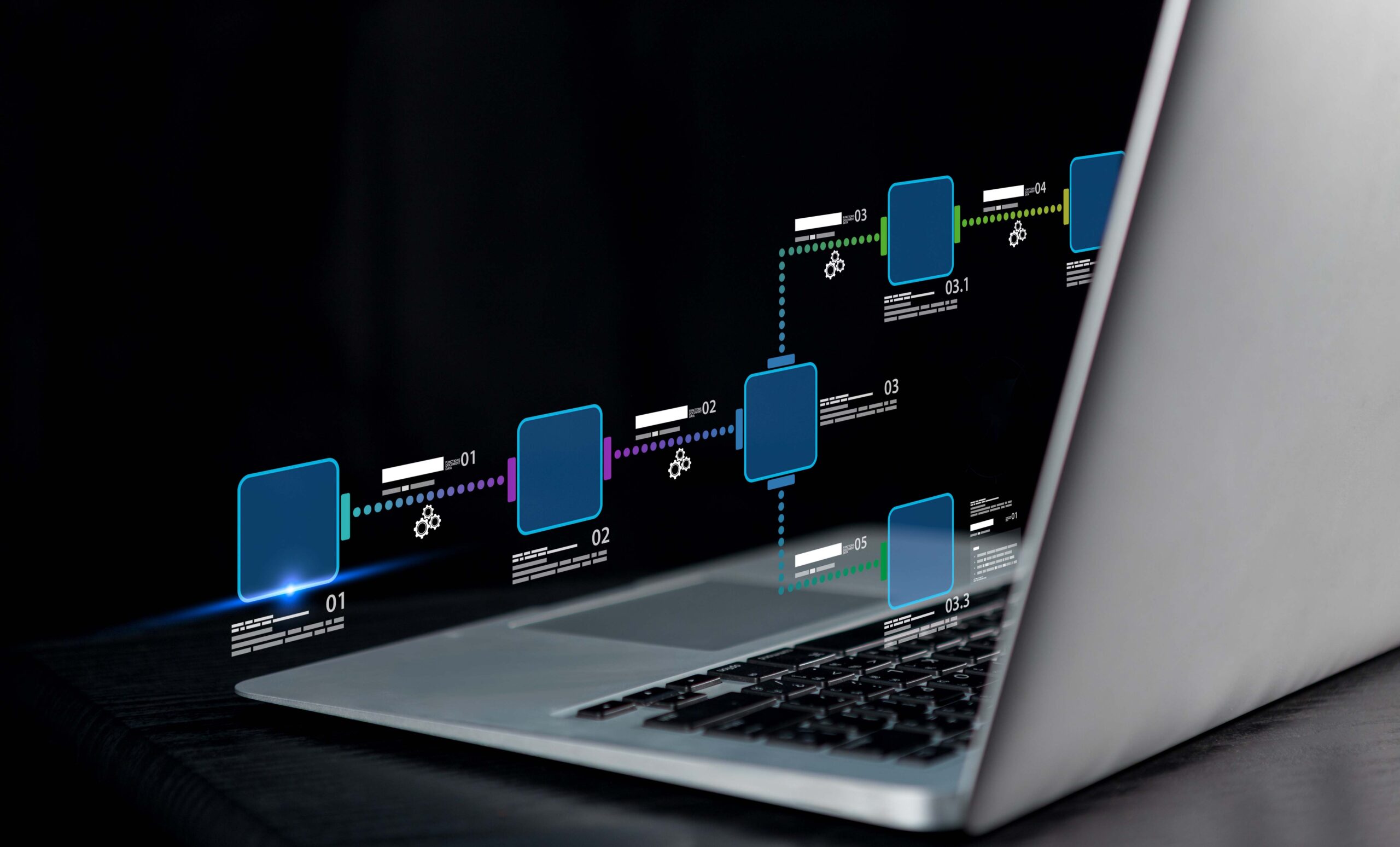Streamlined Job Management with BMC’s Control-M’s Job Interception
Meet the Authors
Key Takeaways
-
SAP job interception presents several challenges like managing high volume of jobs with complex dependencies and limited visibility into scheduled and running tasks.
-
BMC’s Control-M Job Interception significantly enhances job scheduling and management by enabling proactive error handling through the interception and analysis of jobs prior to execution.
-
The system optimizes resource allocation to balance loads and prevent bottlenecks, while centralized monitoring and real-time alerts provide comprehensive visibility into job statuses and performance.
SAP job interception presents several challenges like managing high volume of jobs with complex dependencies and limited visibility into scheduled and running tasks. Real-time monitoring is difficult, and error handling and recovery processes can be intricate and time-consuming. Performance and scalability issues often arise due to resource contention and increasing job volumes, requiring advanced tools for job prioritization and dynamic rescheduling. Compliance and governance are affected, necessitating detailed audit trails and policy adherence.
Cross-system integration further complicates scheduling and monitoring, making data consistency management crucial. Ad hoc jobs, such as year-end tasks, often lack visibility in central scheduling consoles, leading to isolated execution and unstructured error management, which increases the risk of SLA breaches and system performance issues. Unmanaged failed jobs can cause system resource problems and short dumps, significantly affecting overall system reliability.
BMC’s Control-M Job Interception significantly enhances job scheduling and management by enabling proactive error handling through the interception and analysis of jobs prior to execution. This allows for early detection of potential issues and automated responses to failures, supporting dynamic rescheduling and prioritization of critical tasks. The system optimizes resource allocation to balance loads and prevent bottlenecks, while centralized monitoring and real-time alerts provide comprehensive visibility into job statuses and performance. This feature also strengthens compliance and governance by maintaining detailed audit trails and enforcing organizational policies, leading to increased system reliability, efficiency, and overall performance.
Explore related questions
Here are some reasons why this feature is essential:
Enhanced Job Control and Management: Control-M’s job interception feature offers dynamic scheduling, allowing for real-time adjustments to job priorities in response to changing business demands. It also provides the flexibility to manually intervene, stop, delay, or modify jobs as needed due to unforeseen circumstances, ensuring effective job control.
Improved Error Handling and Recovery: Control-M enhances error handling by enabling real-time intervention when issues are detected, preventing cascading failures and minimizing downtime. It also supports automated recovery, intercepting and rerunning jobs in case of failures to ensure critical processes are completed successfully.
Resource Optimization: Through job interception and rescheduling, Control-M optimizes resource utilization by balancing workloads across available resources and ensuring that high-priority jobs receive the necessary resources. This helps prevent performance bottlenecks and improves overall system efficiency.
Compliance and Governance: Control-M’s interception capabilities ensure that job executions comply with internal policies and external regulations by providing detailed logs and audit trails. It also enforces scheduling policies and constraints, ensuring jobs run within a predefined governance framework.
Integration and Coordination: Control-M facilitates cross-system coordination, helping to synchronize workflows across SAP and non-SAP systems, ensuring data consistency. It provides a unified management interface, simplifying operations and reducing complexity by offering centralized control of job management.
Risk Mitigation: Control-M mitigates risks by intercepting jobs to prevent potential issues from escalating, thus protecting critical business processes and data integrity. It enables quick response to operational issues, reducing the risk of extended downtime or data loss.
Operational Flexibility: The job interception feature in Control-M allows for ad-hoc adjustments to job schedules and parameters in real-time, offering operational flexibility without disrupting the overall workflow. This supports real-time decision-making based on current operational conditions and business needs.
Control-M job interception enhances job scheduling and management by enabling proactive error handling, resource optimization, and operational control. By intercepting and analyzing jobs before execution, it facilitates early issue detection, automated recovery, and dynamic rescheduling, ensuring critical tasks are prioritized and resources are efficiently utilized. With centralized monitoring, real-time alerts, and detailed audit trails, Control-M improves visibility, supports compliance, and enforces policies, leading to increased reliability, efficiency, and alignment with organizational goals.






